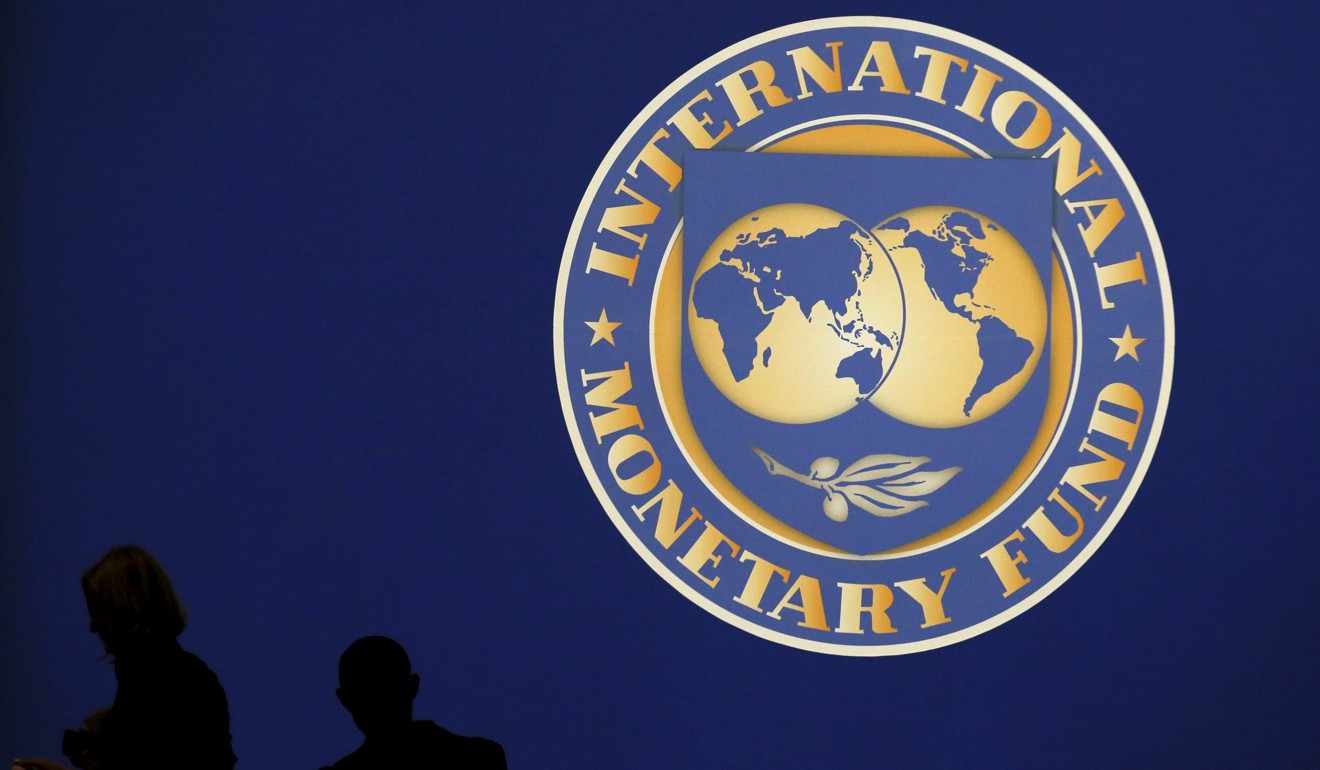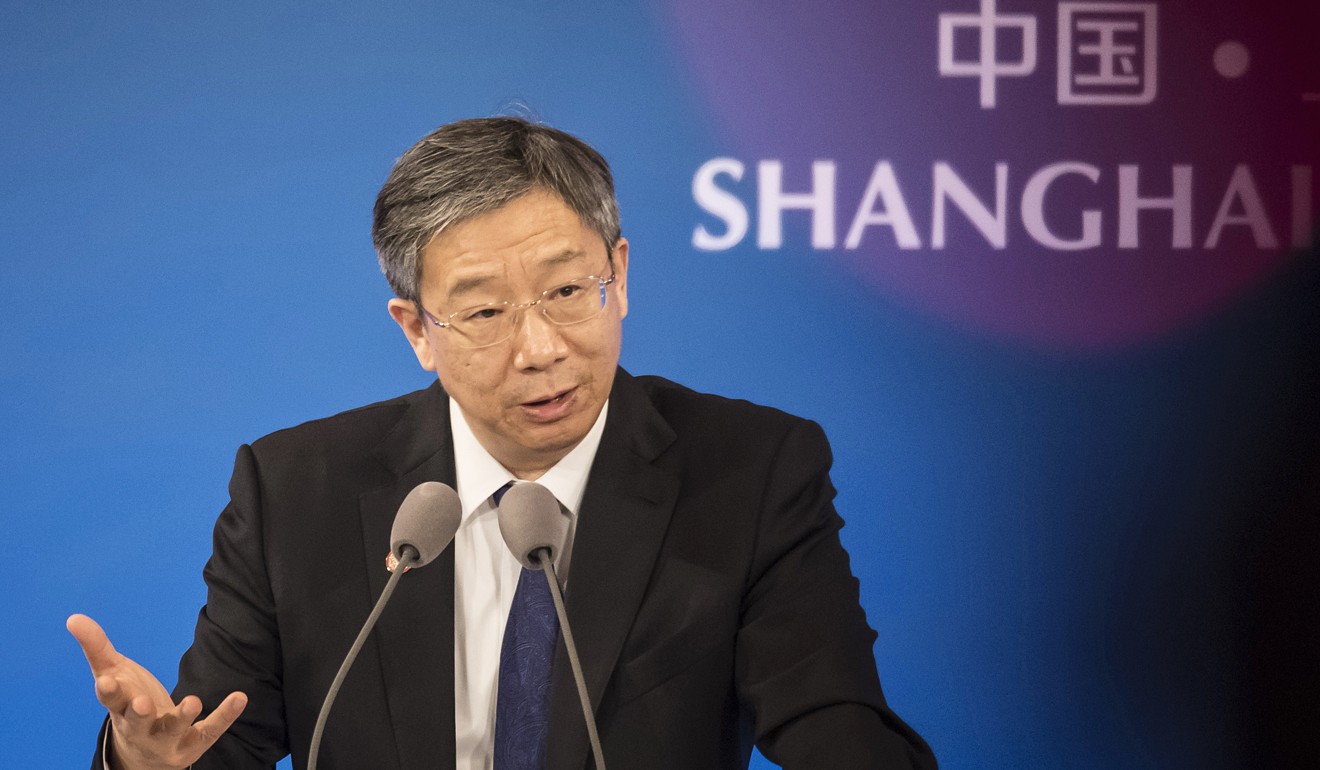
IMF urges China’s central bank to improve communications to ensure financial stability
- The global institution says ‘need for transparent, clear, timely, and comprehensive communication will continue to increase’ as China continues to promote market-based financing
- Better communication is paramount to improving the effectiveness of monetary policy and reducing excessive volatility, according to IMF
China’s central bank must improve its communications with market players to ensure financial stability as the country opens its capital markets further to foreign investors, representatives from the International Monetary Fund (IMF) have urged in a working paper published over the weekend.
“China is at a communications crossroads, driven both by domestic and increasingly external factors,” wrote IMF chief China representative Alfred Schipke, Oxford Professor Michael McMahon and Professor Li Xiang from Germany’s Halle Institute for Economic Research.
“Better communication will become paramount to improving the effectiveness of monetary policy, reducing excessive volatility, and fostering financial sector stability,” they said.
The IMF’s recommendation comes as Chinese officials grapple with increasingly bearish sentiments towards the domestic capital markets and economic landscape as effects of the US-China trade war begin to bite. Better communication could also help China draw more foreign investors to its stock and bond markets.
Although the People’s Bank of China had stepped up such efforts, it was also inhibited by political reasons and what it can communicate as a regulator, pointed out Liu Shengjun, president of the Shanghai-based China Financial Reform Institute.
“Much of the decision-making power is not in its hands. There’s also no tendency that its independence will be significantly increased,” Liu said.
There’s also no tendency that its independence will be significantly increased
Given that institutional changes will take time, the researchers urged the PBOC to take advantage of some “low-hanging fruits” to improve communications in the short-run.
Such measures should include publishing timely information in both Chinese and English, increasing forecasting resources and capacity, and regular press conferences, they suggested.

Granted, the IMF and the PBOC have established a joint capacity development centre in Beijing six months ago, a move that could help Chinese officials avert future crises such as China’s stock market rout in the summer of 2015, which was in part due to poor communications.
The popping of a stock market bubble that wiped off US$5 trillion in market capitalisation followed by an unexpected official devaluation of the Chinese currency had chalked up extreme bearish sentiments and forced a spike in capital outflows. The yuan plunged to a multi-year low of near 7 to the US dollar and the PBOC burned through nearly a quarter of its foreign exchange reserves to stabilise the markets.
Weak investor sentiment has returned this year, with the stock market falling to a four-year low, economic growth slowing to its lowest in a decade, and the yuan depreciating almost to the psychologically important level of 7 to the dollar.
Currently, the PBOC mainly delivers its policy intentions through its quarterly Monetary Policy Implementation Report and its Monetary Policy Committee Meeting Minutes, along with speeches by its officials. But its short-term actions, such as the size and interest rate on its daily liquidity management operations and the daily central parity it sets for the yuan daily trading range, are watched most closely for monetary policy signals.

Still, the IMF paper argued that existing communication methods are inadequate, because “the need for transparent, clear, timely, and comprehensive communication will continue to increase” as China continues to promote market-based financing.
In pursuing its policy goals, the central bank, as a ministry level body under the State Council, enjoys far less independence and power than its western counterparts like the Federal Reserve, the European Central Bank and the Bank of Japan.
“The PBOC does not have full decision-making power over money supply targets and interest rate policy, and has only limited operational independence at the monetary policy instrument level,” the report noted.
Nevertheless, the central bank shoulders “multiple and overlapping objectives”, including leading the campaign to reduce financial risk and debt, ensuring adequate liquidity to all segments of the economy to support growth, tackling the decades-old difficulty private firms have in gaining access to financing, as well as fostering financial liberalisation and yuan internalisation.

